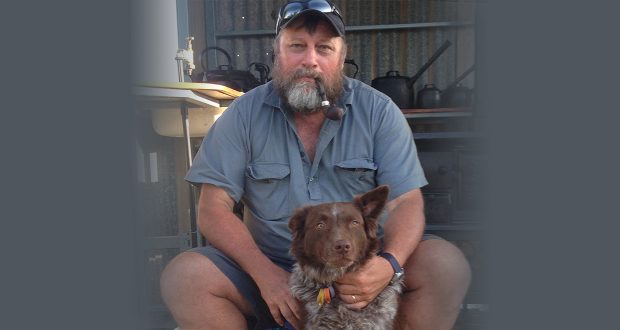We all dream, what we subject our brains to will determine the dreams we have. If we overstimulate the reptilian parts of the brain through media saturation, we will develop a lot of anxiety, suspicion, cynicism and confusion. In other words, bad dreams.
In a recent conversation with a young man he shared with me why he is so anxious about the COVID-19 vaccination. He said, there were too many competing arguments, too much stimulation, and he didn’t know what to believe.
According to a recent research paper I read, the neurosis of our time is existential, we don’t know what to believe, who to trust or what our meaning and purpose for life is. The result is an increase in nihilism, lack of meaning and hope, and hedonism—old fashioned self-indulgence.
We have been here before, many times. In the first century Palestine, industrial and 19th century Europe, the violence of the 20th century and now again in the 21st century, to name a few. In each of these ages the church was birthed and re-birthed as a beacon of hope through an experiential intimacy with God.
The church is well positioned to be a leading light in the existential age. We have a transformational message and we’ve had 2000 years of trial and error on how to communicate it. Sadly, the church has its own kind of existential crisis: what is our meaning and purpose? The result is a withdrawal into language, liturgy and self-talk generated to bring personal and institutional comfort. There is a simple way through this dilemma. Just talk with folk.
Over a seven-week period this year I prayed with 24 people to enter into this intimate relationship with God. I talk often with people about meaning, purpose and spirituality and I know there is a deep-seated need for and interest in these things, but there is very little interest in doing institutional church. Some have said that we should take the church to these people, I don’t really agree. I’m more inclined to recognise that God is already intimately invested into all people; so we don’t need to take anything to them, rather we join with what is there.
If the church has a future, it’s about joining God in an intimate relationship with the folk who are out there. I believe that we should be releasing resources and skilled people into our society to join with the folk out there through intimate engagement and experiential spirituality.
It has been said, if we can dream a world, we can make it happen. I believe that if we can dream that kind of church then we can create it.
Rev Craig Mischewski
 JourneyOnline
JourneyOnline







